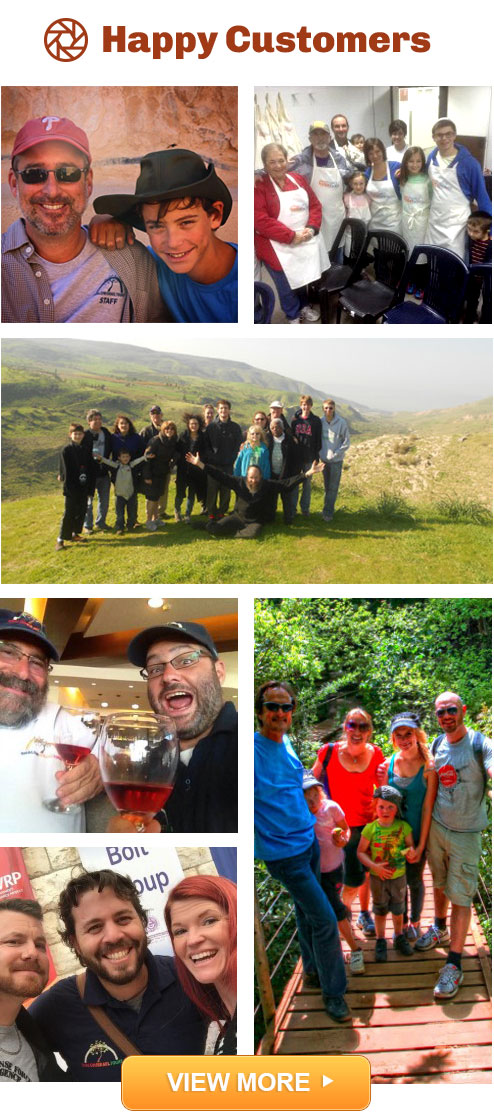Get to Know the International Fellowship of Christians and Jews
December 5th 2014
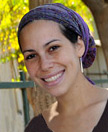 We wanted to reach out to a very special Israel-based organization, so we contacted Yael Eckstein, the senior vice president of the International Fellowship of Christians and Jews (The Fellowship). Yael oversees all ministry programs and serves as the international spokesperson for the $100 million organization. Prior to her present duties, Yael held the position of director of program development and ministry outreach. Based in Jerusalem, Yael is recognized as a published writer, a respected social services professional, and an expert on Jewish-Christian relations.
We wanted to reach out to a very special Israel-based organization, so we contacted Yael Eckstein, the senior vice president of the International Fellowship of Christians and Jews (The Fellowship). Yael oversees all ministry programs and serves as the international spokesperson for the $100 million organization. Prior to her present duties, Yael held the position of director of program development and ministry outreach. Based in Jerusalem, Yael is recognized as a published writer, a respected social services professional, and an expert on Jewish-Christian relations.
Q: What year was the International Fellowship of Christians and Jews founded? When did you join?
A: My father Rabbi Yechiel Eckstein founded The Fellowship 1980. I joined in 2005.
Q: What are the benefits of working for the IFCJ and also living in Israel?
A: I never planned on joining my father’s organization, but when I moved to Israel nearly 10 years ago and saw the avodat kodesh (holy work) that the organization is doing, I felt a real calling to be part of it. Once I saw elderly in Israel that are hungry, children without a home, and immigrants without tools for success – and I knew that I could have the honor of helping them – there really was no question in my mind if I wanted to join this line of work or not. I feel a calling towards helping others and there is no better way to do that than through The Fellowship, since the The Fellowship is the largest philanthropic organization in Israel and reaches more Jews in need than any other non-profit. 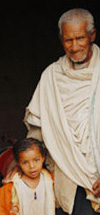
Q: What are some of the biggest changes you’ve seen over the years?
A: Our offices in Israel opened 13 years ago (before that we were only active in the FSU/aliya), and over the years I have seen huge changes. The Fellowship has gone from a ‘grant distribution’ model to a ‘direct aid’ model. That means that in the past three years we have created our own strategic projects to meet the needs of the poor throughout Israel ourselves, without using partner organizations for aid distribution. In the past two year The Fellowship has begun implementing our ‘Dignity and Fellowship’ project, which provides weekly food aid and home visits by volunteers to over 10,000 poor elderly throughout Israel, we have begun distributing over 10,000 emergency bracelets (connected to a medical hotline) to poor holocaust survivors, we have built new homes at orphanages, ensured the social adoption of every single army battalion in Israel, and more. In the otherwise stagnant field of philanthropy, we are moving forward with innovation and success in meeting the poor people of Israel’s many needs.
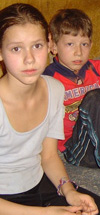
Q: Is there any particular success story that comes to mind?
A: The Fellowship focuses on creating projects that no one else is doing, yet the need is great. A few years ago we realized that elderly immigrants who live on a government stipend of under $700 a month, need to choose between heating their homes in the winter or buying food/medicine/paying rent. One in four elderly in Israel give up buying basic needs like food, in order to heat their homes in the winter. The statistics are heartbreaking and there is no government food program in Israel (like the food card program in America), so there is no safety net for these poor elderly. Thank God, each year The Fellowship provides over 15,000 poor elderly in Israel with heating aid, so that they don’t need to make these tough decisions. This is one of my favorite projects! 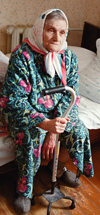
Q: How can visitors to Israel get involved or learn about your work first-hand?
A: The Fellowship has over 450 projects throughout Israel in the areas of poverty and security. In nearly every city there are Fellowship projects. We invite visitors to Israel to come and see the life changing difference that The Fellowship is making in Israel, and learn how to get involved. We can set visitors up with food box packing, delivering food to poor elderly, visiting an army base in need of adoption, preparing food at a soup kitchen, helping at an orphanage and much more. We have hundreds of projects in the periphery towns which strengthen border communities, and they are always in need of a helping hand!






